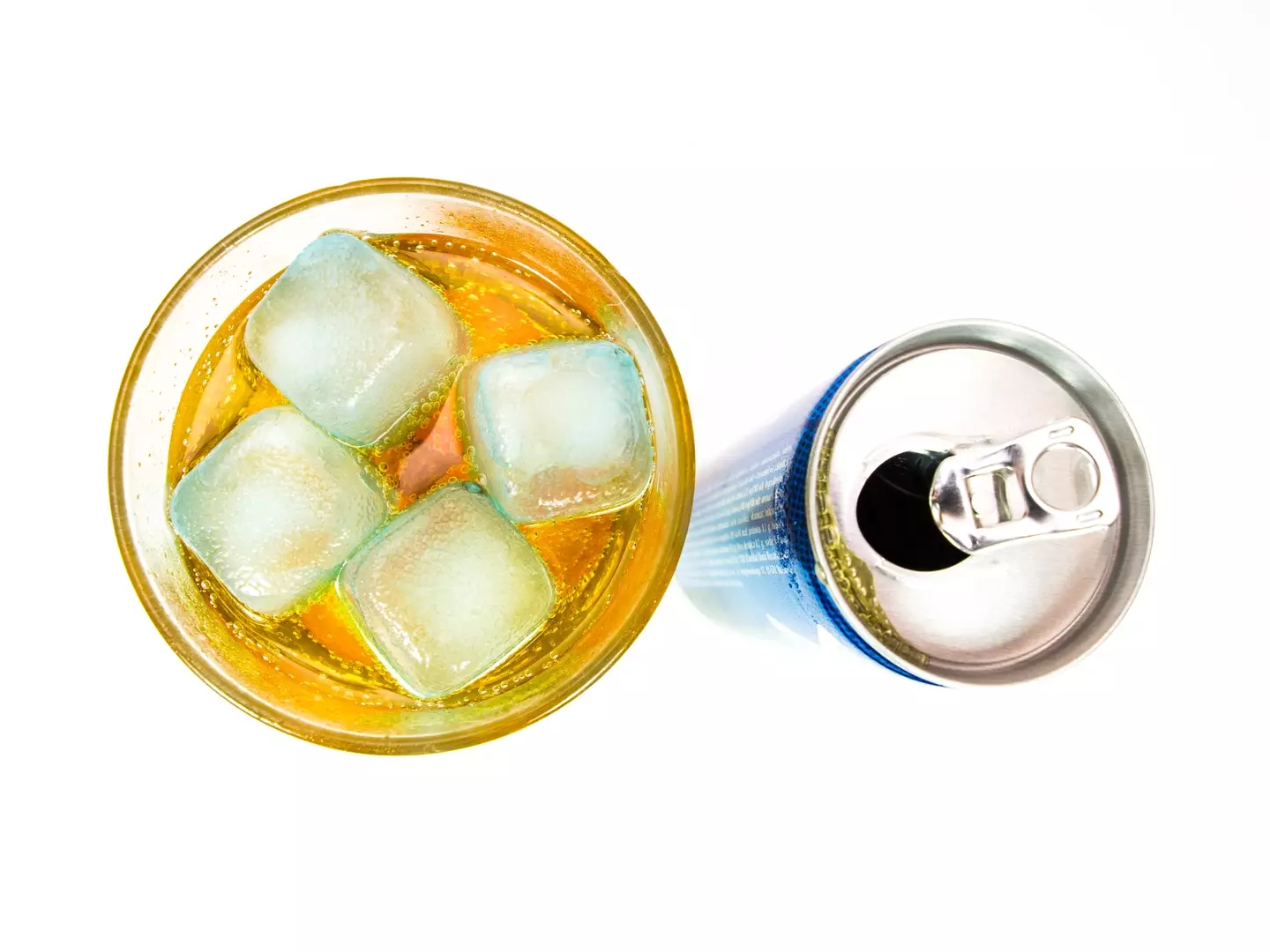
Energy drinks have long been a cause of concern for public health.
By and large, they’re absolutely loaded with caffeine and sugar, and they’ve been linked with heart problems, anxiety, sleep problems, and dependence among those who get hooked on the mega doses of caffeine.
They typically contain more than twice the amount of caffeine you’d expect in the same volume of coffee.

Advert
Consuming them in moderation shouldn’t do any lasting damage, but it’s best not to get into the habit.
If the caffeine and sugar content weren’t enough to dissuade you, unsettling findings from a new study suggest that taurine – another ingredient common to energy drinks – may have a nasty health consequence.
Taurine is a natural compound commonly found in meat and fish, and it’s useful for energy production within the body. It also helps to balance fluids, salts and minerals in the body.
However, the study published in Nature detailed how researchers investigated methods for slowing or stopping the development of leukaemia in both human cancer cells and mouse models.
Leukaemia is a cancer affecting white blood cells and it’s a particularly vicious one. The five-year survival rate sits at just under 30%, and acute myeloid leukaemia requires immediate treatment upon diagnosis.
The researchers used various methods to block taurine from entering leukaemia cancer cells and examined the impact.
“As we were charactering the changes taking place in non-cancer ‘normal’ non-blood forming cells in that environment, we discovered that taurine can be produced by bone-forming cells,” Jeevisha Bajaj, PhD, an assistant professor in the Department of Biomedical Genetics, a cancer researcher at the Wilmot Cancer Institute at the University of Rochester, and one of the study’s co-authors.
“Our body makes taurine naturally, but it was new information to find that it was produced in this way in the bone marrow.”
The researchers found that limiting leukaemia cells’ access to taurine weakened the disease and may lead to improved patient outcomes.
The researchers then found that when they blocked taurine from entering leukaemia cells, the disease outcome improved.

“Metabolic changes are changes in cells that provide energy or fuel for its functions,” added Bajaj, pointing to the cancer cells’ use of taurine for energy.
Dr Wael Harb, a medical oncologist at the MemorialCare Cancer Institute, said: “The cancer cells can hijack the taurine to fuel their growth.”
He added: “They use taurine to help them multiply more quickly.”
With that in mind, energy drinks may not have a causal link with cancer, but it seems the taurine content could exacerbate leukaemia’s progress in affected people.
